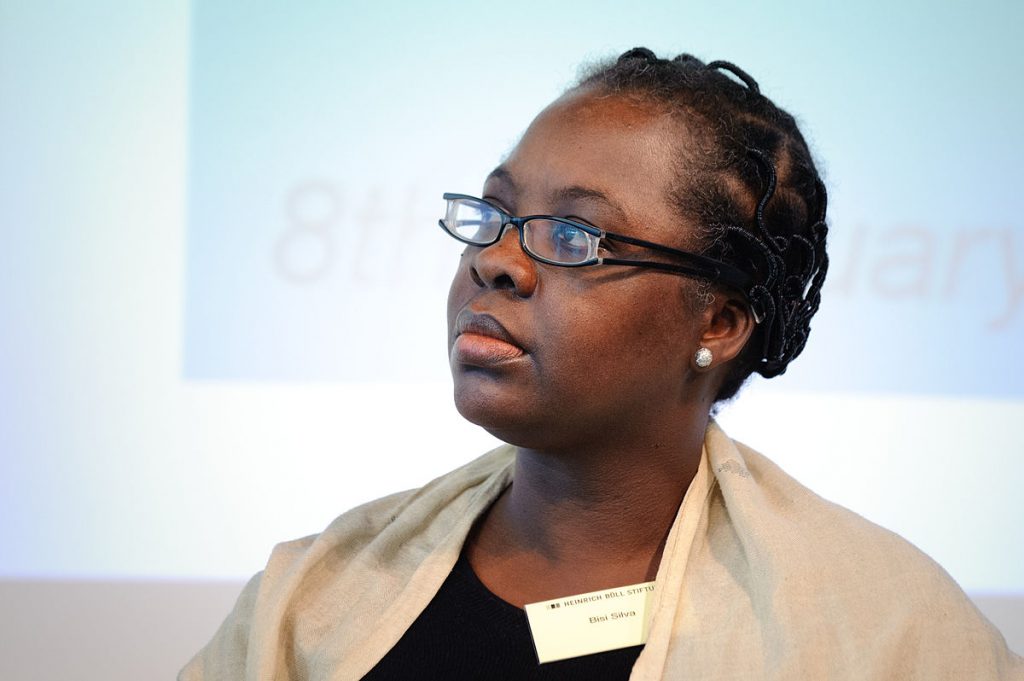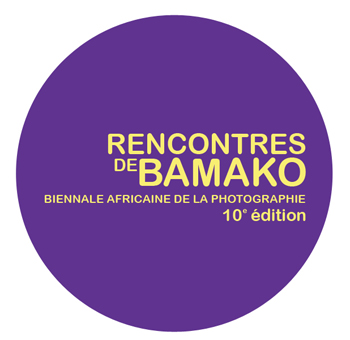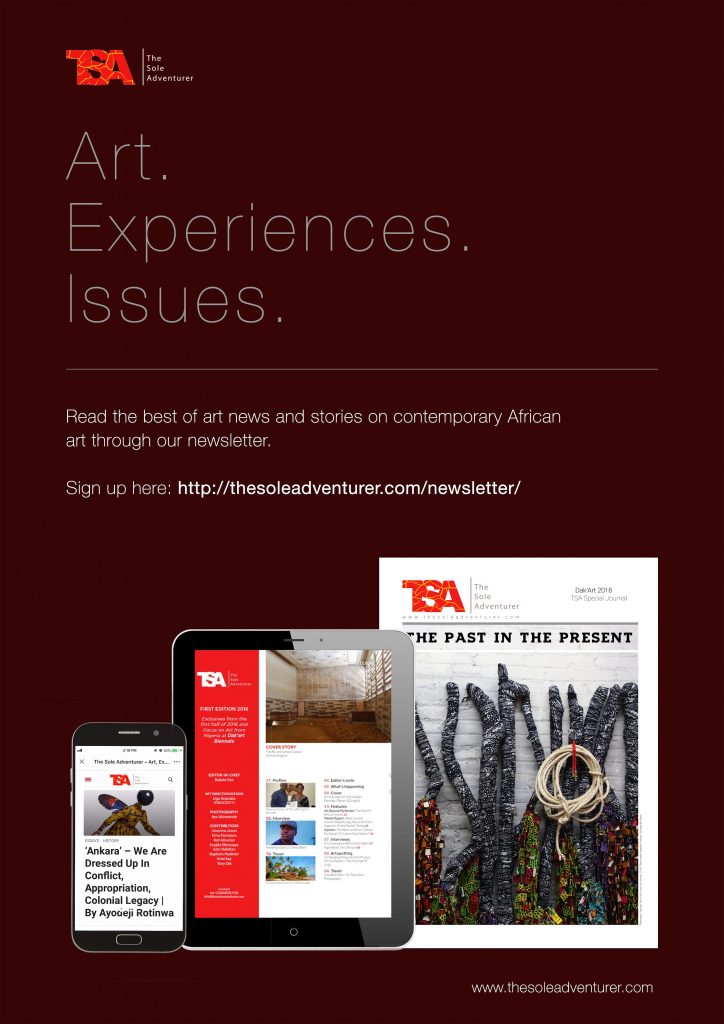
Bisi Silva is one of the prominent names in the art scene in Nigeria, especially Lagos. She is a professionally trained curator and the founder of Centre for Contemporary Art (CCA) in Lagos. CCA, Lagos presents curated exhibitions, empowers young and emerging artists through educational classes, and promotes critical discourse on art. The CCA, Lagos library is one of the largest independent art libraries on the continent with over 7500 books, magazines, journals, video, and other ephemera.
Silva actively advocates for the growth and recognition of art from Africa.
Congratulations on your appointment as the Artistic Director of the 10th Bamako Encounters. How are you working towards the success of the biennial this year?
Thank you very much. I am really excited to be invited to develop the programme for the 10th Bamako Encounters, the African Biennale of Photography. To arrive at the 10th edition is a landmark moment in the history of the event as well as that of Photography on the continent. That it is continuing given the insurgency in 2012 demonstrates the Malian government’s foresight in acknowledging the role of culture in the reconciliation and the development of the society. In order to assure its success, we are developing a diverse programme of exhibitions, talks, seminars, workshops but more importantly, we want to focus on the way in which the local population really becomes an active participant and stakeholder of the Bamako Encounters.
Do you think your position will influence the participation of photographers and video artists from Nigeria and how many artists will be selected overall for the exhibition?
I hope that it does encourage more Nigerians to participate. In order to achieve this, I have done a few talks about the event in Nigeria. We don’t yet have a definite number of artists to be included but the maximum will be 50 for the pan-African exhibition but of course, there are other exhibitions that will take place in other venues. This year we are actively trying to encourage more satellite projects to take place in Bamako as there are many fantastic initiatives out there that should be presented. It is an opportunity to take advantage of the international visibility of this platform.

As the artistic director, how would you explain the theme of the biennial “Telling Time” and what is expected to be captured as a definition of this theme in the African context?
A significant dimension of time has to do with questions of duration, space, and events and I am interested in understanding how artists use lens-based media to relate to economies of time, to recount lived experiences, to reckon with the past, and to imagine alternative realities in the future.
Historically, temporality in Africa has been fraught with questions of colonial constructions of time characterised by its link with the rise of capitalism. Yet where questions of time and Africa are concerned the commonplace notion of “African Time,” often invoked to describe the pace and flow of everyday life, should constitute a potent form of inquiry.
I believe the theme is expansive enough to allow for the interests and directions of the artists to constitute the point of departure to capture and expatiate on our experiences and understanding of time from an African perspective.
Are there events or workshops planned in relation to the major exhibition in October in Mali or the home countries of the would-be participants?
The biennial has an extremely intensive programme of events during the Encounters. During the professional week (31st Oct – 6th Nov 2015) there will be master classes, portfolio reviews, screening, projections, talks, panel discussion and a host of other events. There have been workshops, mentorship programmes happening in different countries organised independently but in preparation for the biennial. On my part I have given talks and presentations about the Bamako Encounters not only in Nigeria but also in Uganda, Rwanda, Burundi, Algeria and Morocco encouraging people to apply for the pan African exhibition or just simply to come to Bamako, to interact and exchange with their colleagues from around the continent and the Diaspora.
You have also been selected as part of the advisory committee for FNB Joburg Art Fair Talk Programme and part of the jury for the FNB Art Prize. Can you elaborate on your roles there and the focus of the Talk Programmes for 2015?
Although the current attacks on other Africans and the loss of innocent lives sadden me, I welcome the opportunity to work with the Joburg Art Fair. Over the years I have participated with CCA, Lagos or have been involved in talks or just visited the fair. The programme is still being finalized but it will involve selecting a winning artist for the R100,000 art prize and the opportunity to show their work in a dedicated space at the fair. I will also advise on the Talk programme which will focus principally on artists talking about their practice.
What would you consider the major obstacles of the growth of art in Africa, specifically in Nigeria?
The lack of interest and support by most governments across the continent remains a major hindrance to the development of the arts. At the moment it is driven by the initiatives of individuals and corporate sponsorship is growing but it is nowhere near the level that it could and should be.
How do you keep up with your personal life considering your curatorial workload and the demands of working locally and internationally, which involves moving around a lot?
It can be difficult sometimes but after a while you get to manage your time and your travelling. I have periods when I just shut down work wise to spend quality time with family and friends.
Save the dates
The 10th Bamako Encounters will run from 31st October to 31st December 2015 and the FNB Joburg Art Fair in South Africa is scheduled for 10th – 13th September 2015.



